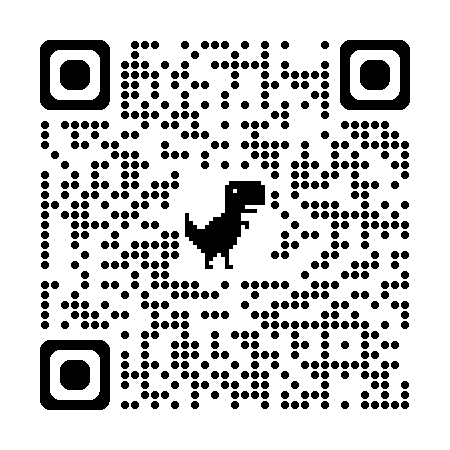Radio Advocacy Programmes and Knowledge and Practice of Exclusive Breastfeeding among Working-Class Nursing Mothers in Enugu Urban of Nigeria
Keywords:
Breastmilk, Child Nutrition, Child Health, Child growth, Child brain developmentAbstract
Background: Exclusive breastfeeding is one of the major requirements for a balanced child’s health and brain development. It provides essential nutrients, antibodies, and other bioactive components that shield infants from infections and diseases. Despite the numerous benefits, the practice remains sub-optimal in many parts of Nigeria, including Enugu urban.
Objective: This study investigated how radio advocacy programmes influence the knowledge and practice of exclusive breastfeeding among working-class nursing mothers in Enugu, Nigeria.
Method: Adopting descriptive survey research design, 380 working-class nursing mothers residing in Enugu urban were sampled using a multistage sampling technique. The participants were selected from the three local government areas that make up the urban area of Enugu State. The LGAs were Enugu-North, Enugu-South, and Enugu-East. Data were collected using a structured questionnaire with a consistency coefficient of 0.95, while analysis was done using descriptive statistics and presented using frequency tables.
Results: There was high level of exposed to radio programmes on exclusive breastfeeding among participants, but could not yield the desired attitude and behaviour changes for adherence to the practice due to other variables such as culture, modernisation, and peer influence.
Conclusion: The study concludes that the majority of working-class nursing mothers in the Enugu urban area do not practise exclusive breastfeeding, despite the high level of exposure to radio advocacy programmes on the subject matter. This could be attributed to the nuanced interplay of influences of other key stakeholders in infants’ breastfeeding decisions and some socio-cultural inhibitors, such as modernisation, pre-existing misconceptions and the quest to retain breast aesthetics.
Unique Contribution: This study has offered new insight into the increasing influence of intervening variables on the effects of media on the audience. Hopefully, policymakers, healthcare practitioners, and communication experts will find this fresh insight useful in planning future advocacy programmes on exclusive breastfeeding among urban-based nursing mothers.
Key Recommendation: Comprehensive community-based policies and cohesive intervention programmes that involve regular (re)orientation of not just nursing mothers but all key stakeholders in infants’ breastfeeding decisions, such as mothers, grandmothers, husbands, caregivers, traditional birth attendants (TBAs), mothers-in-law, and religious leaders, are required to implement EBF among working-class nursing mothers.
Downloads
Published
How to Cite
Issue
Section
License
Copyright (c) 2024 Kenneth Adibe Nwafor, Emmanuel Chike Onwe, Samuel Nweze, Timothy Ekeledirichukwu Onyejelem, Andrew C. Apeh, Nnenna Oshibe, Ijeoma Njideka Taiwo

This work is licensed under a Creative Commons Attribution-NonCommercial-ShareAlike 4.0 International License.



